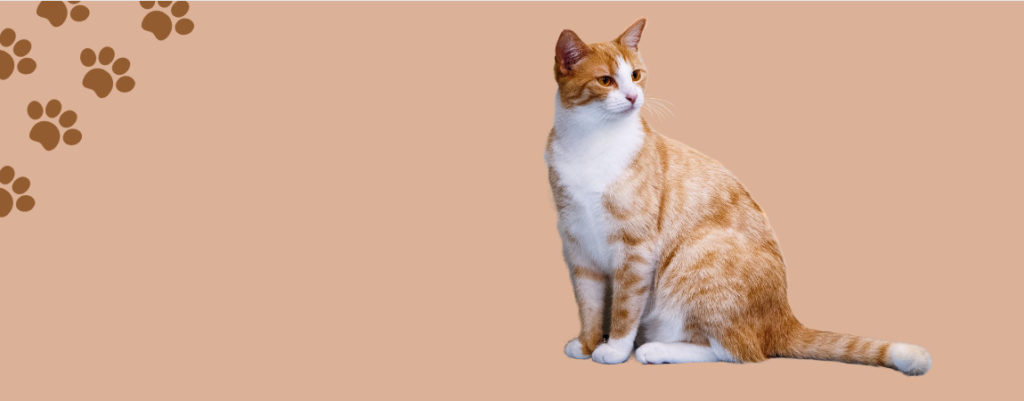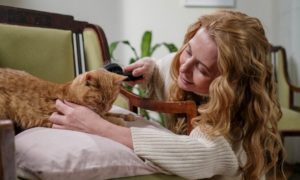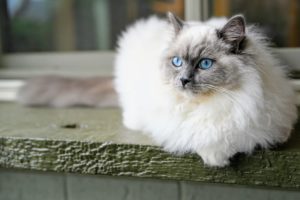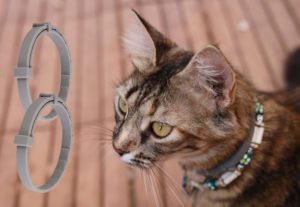As cats enter their senior years, grooming becomes an essential aspect of their care routine. However, due to factors like arthritis and decreased mobility, older cats may struggle to groom themselves effectively. In this article, we will discuss the best grooming techniques for senior cats, how to assist them in grooming, and address common concerns regarding over-grooming in elderly cats. Additionally, we will provide recommendations on the best brushes for elderly cats.
Why Senior Cats May Stop Grooming:
Senior cats may exhibit a decline in grooming habits for various reasons. Some common factors include:
Arthritis and Joint Issues: Pain and stiffness associated with arthritis can make it difficult for cats to reach certain areas of their bodies, leading to decreased grooming.
Dental Problems: Oral discomfort or missing teeth can deter senior cats from self-grooming.
Obesity: Excess weight can limit a cat’s flexibility, making grooming more challenging.
Skin Conditions: Aging can cause changes in skin oil production, leading to discomfort and itchiness, which may discourage grooming.
Assisting Your Senior Cat in Grooming:
It is important to support your senior cat in maintaining good grooming habits. Here are some tips to help your older feline friend:
Brushing: Regular brushing helps prevent matting, stimulates blood circulation, and keeps the coat healthy. Use a soft-bristle brush or a grooming mitt that is gentle on your cat’s skin.
Start Slowly: Introduce grooming sessions gradually, allowing your cat to become comfortable with the process. Begin with short sessions and gradually increase the duration.
Pay Attention to Sensitive Areas: Be extra gentle when grooming around your cat’s hips, underbelly, and hind legs, as these areas may be sensitive. Monitor for any lumps, bumps, or sensitive spots, and consult your veterinarian if you notice anything unusual.
Mats and Tangles: If you encounter mats in your senior cat’s fur, avoid cutting or pulling them, as this can cause discomfort or injury. Instead, try gently loosening the mat with your fingers or use a small amount of cornstarch to aid in untangling. If necessary, seek assistance from a professional groomer.
Positive Reinforcement: Offer praise, treats, and a calm environment during grooming sessions to make the experience more enjoyable for your cat.
Best Brushes for Elderly Cats:
Choosing the right brush for your senior cat can make a significant difference in their grooming routine. Consider the following options:
Soft-Bristle Brush: Ideal for cats with sensitive skin, a soft-bristle brush helps remove loose hair and prevents matting.
Grooming Mitt: A grooming mitt with gentle rubber or silicone tips is suitable for cats who may be averse to traditional brushes. It mimics the sensation of being petted while removing loose fur.
Slicker Brush: Slicker brushes with fine, short wires are effective for removing loose hair and small tangles. They are particularly beneficial for long-haired senior cats.
Comb: A wide-toothed metal comb can help detangle fur and remove debris. It is useful for cats with thick or medium-length hair.
Conclusion:
Proper grooming plays a crucial role in the overall well-being of senior cats. By understanding their grooming needs and implementing appropriate techniques, you can help your elderly feline companion maintain a healthy coat and minimize discomfort. Regular brushing, patience, and gentle handling will go a long way in ensuring your senior cat’s grooming routine remains a positive experience.
Remember, if you have concerns about your senior cat’s grooming habits or notice any changes in their behavior, it is always recommended to consult with your veterinarian for personalized advice and guidance.
Frequently Asked Questions (FAQs):
How often should I groom my senior cat?
The frequency of grooming sessions may vary depending on your cat’s coat type and specific needs. In general, aim for at least a few brushing sessions per week to prevent matting and maintain a healthy coat.
Can I use human grooming products on my senior cat?
It is important to use grooming products specifically designed for cats. Human grooming products can contain ingredients that are harmful to cats if ingested or absorbed through their skin.
My senior cat resists grooming. What can I do?
A3: If your cat is resistant to grooming, start by introducing grooming activities gradually and providing positive reinforcement. You can also consult with a professional groomer or your veterinarian for additional tips and techniques.
Are there any grooming techniques I should avoid for my senior cat?
Avoid using sharp tools, such as scissors or clippers, without proper training. It’s also best to avoid bathing your senior cat unless it is necessary or recommended by your veterinarian.
Can grooming help detect health issues in senior cats?
Yes, regular grooming sessions allow you to closely observe your cat’s skin, coat, and overall condition. Any abnormalities or changes can be promptly addressed by consulting with your veterinarian.
With a passion for cats and years of experience in cat care and grooming, I have gained valuable insights and expertise that I want to share with other cat lovers. I believe that every cat deserves the best care possible, and through this platform, I aim to empower cat owners like you to provide the utmost love and care for your feline companions.



